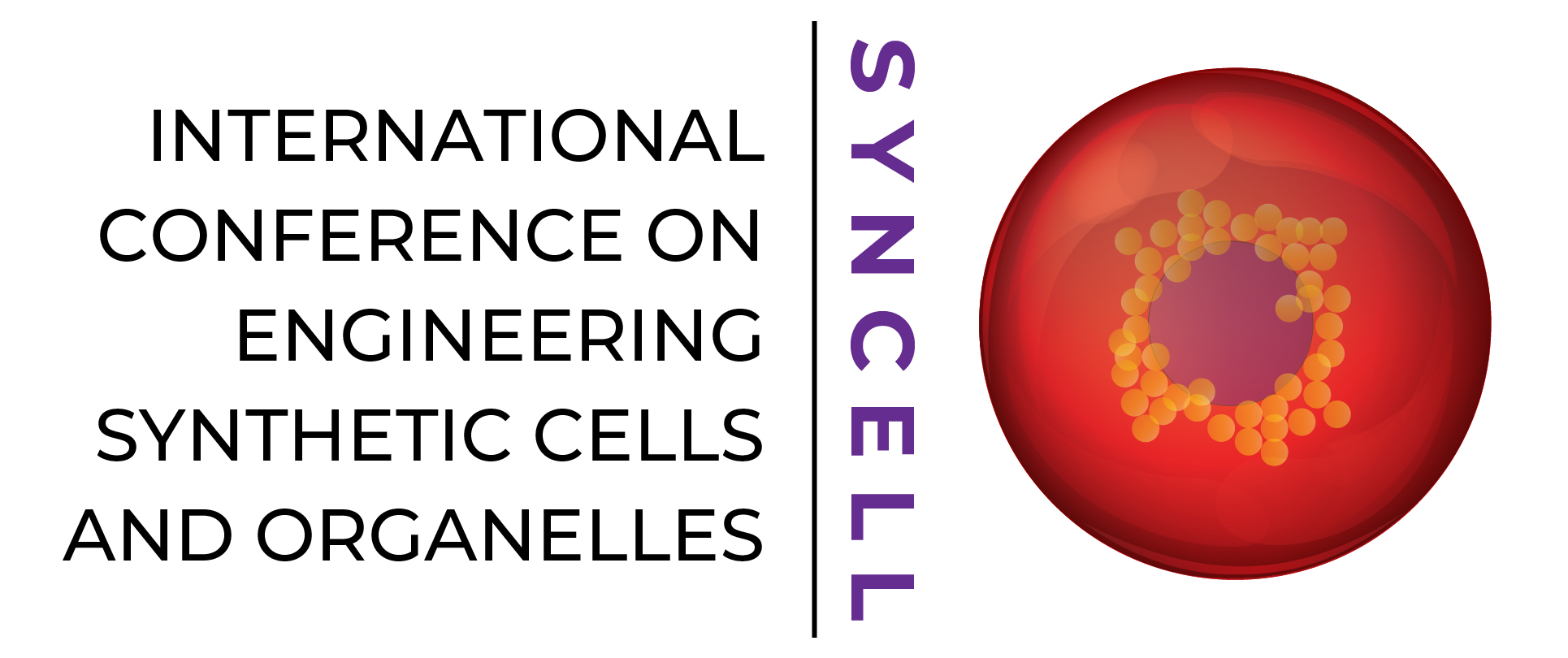
A synthetic morphogenic perceptory system
Presented by: Phillippe Bastiaens
Max Planck Institute of Molecular Physiology
Featured Talk
Abstract
PHILIPPE BASTIAENS
Title: A synthetic morphogenic perceptory system
Konstantin Gavriljuk, Bruno Scocozza, Farid Ghasemalizadeh, Akhilesh P. Nandan, Manuel Campos Medina, Hans Seidel, Malte Schmick, Aneta Koseska & Philippe I. H. Bastiaens
Department of Systemic Cell Biology, Max Planck Institute for Molecular Physiology, 44227 Dortmund, Germany
Reconstitution of artificial cells capable of transducing extracellular signals into cytoskeletal changes is a challenge in synthetic biology and will allow uncovering fundamental principles of non-equilibrium phenomena of cell morphogenesis and cellular information processing.
To address this challenge, we generated a Synthetic Morphogenic Membrane System (SynMMS) by encapsulation of a dynamic microtubule (MT) aster and a light-inducible signaling system together with GTP/ATP chemical potential into cell-sized vesicles. In analog with the operational principle of morphogen induced Rho-GTPase signal transduction in cells, light-induced activation of synthetic signaling promotes membrane-deforming growth of MT-filaments by dynamically elevating the membrane-proximal concentration of tubulin. The resulting membrane deformations enable feedback interactions of astral MTs with the signaling system, creating global self-organized morphologies that reorganize towards external light cues in dependence on prior shape. SynMMS thus signifies a step towards bio-inspired engineering of self-organized cellular morphogenesis, showing how cellular responses to extracellular signals are shaped by prior stimuli.
